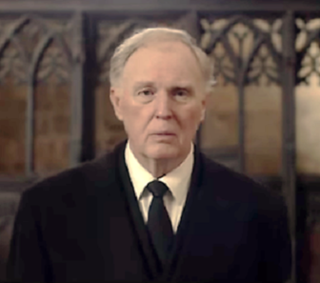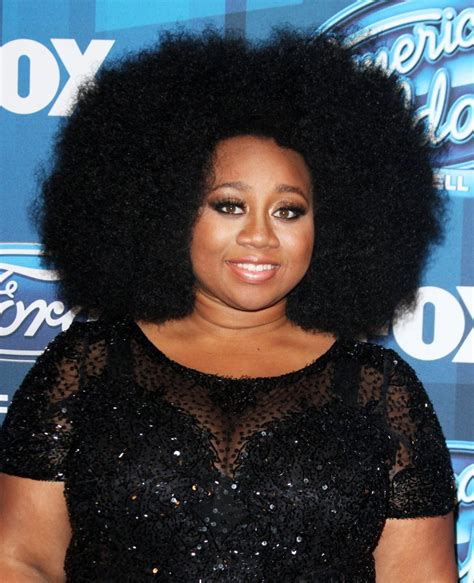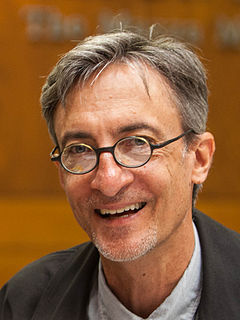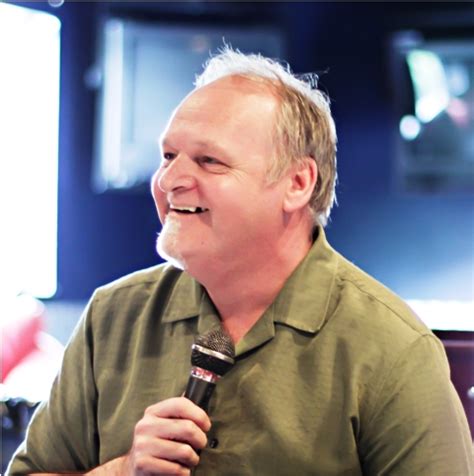A Quote by Tim Pigott-Smith
Your response to literature is to do with maturity; if you don't respond to a book or a poem when you are 12, you might when you are 13.
Related Quotes
I think that honesty in presenting the gospel goes out the window when you want people to respond to the message, but you are prepared to accept any sort of response. Of course, the only true response is heartfelt repentance and faith. However, if you don't feel the need to be honest in your presentation, then you will calibrate your presentation of the gospel to whatever gets the response you want.
I opposed the Fatwa against Salman Rushdie. I read the book and took a critical distance. I did not think The Satanic Verses is a blasphemous book. I did not consider the book as being a great read, but as an intellectual I read, I assess, and I respond. I make a difference between true freedom of expression to which we owe a response and provocation, which we ignore.
Your identity is being formed whether you understand it or not, whether you are cooperating or not. Something is being formed all the time, either through your response or your non-response. All your circumstances are to establish something. If you don't respond to them properly, then you establish something that you don't really want to be known for.
I keep feeling that there isn't one poem being written by any one of us - or a book or anything like that. The whole life of us writers, the whole product I guess I mean, is the one long poem - a community effort if you will. It's all the same poem. It doesn't belong to any one writer - it's God's poem perhaps. Or God's people's poem.
The event is not what you should be working on. You should be working on your response or reaction to an event. You either react to it - that means you become victimized, and you say this thing is happening to you - or you respond to it and say the solution must come through you - that's where you stay focused, not on the rightness, wrongness, fairness of the event, but on the appropriateness of your response.




































